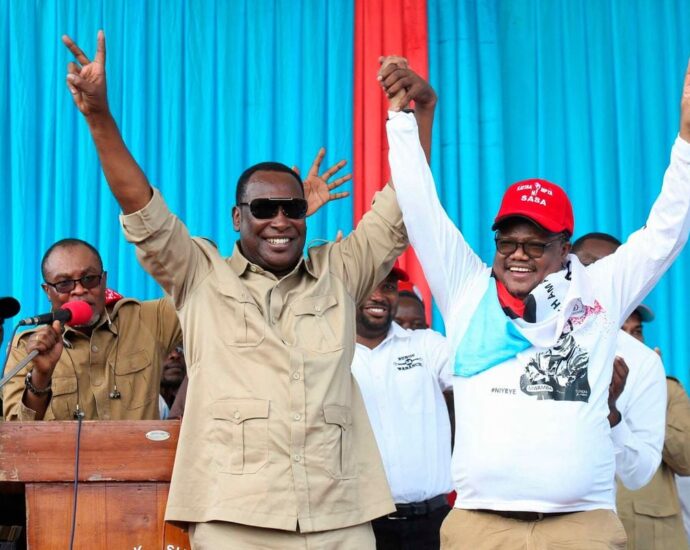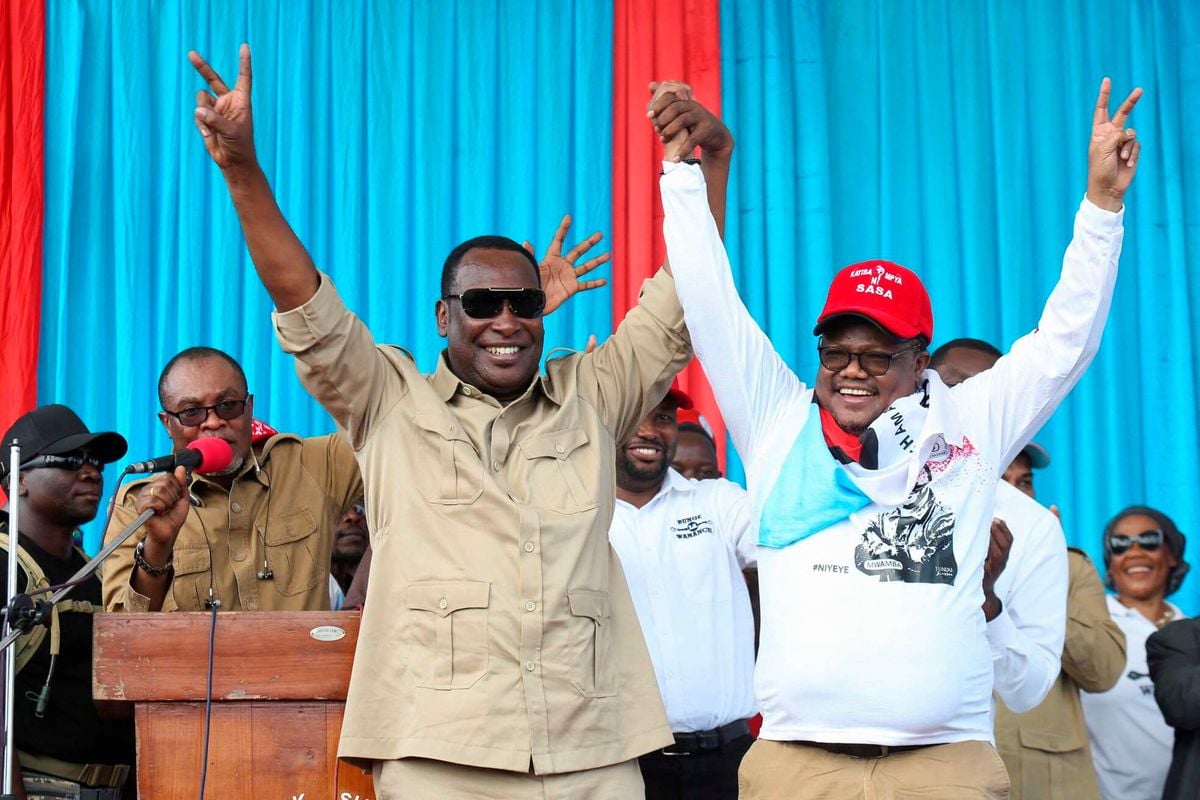Tanzania to Tap Into Huge Potential in Horticulture
Arusha — TANZANIA intends to spearhead horticulture as the country’s reliable vehicle for achieving future agricultural development goals.
Deputy Minister of State in the President’s Office (Planning and Investment), Mr Stanislaus Nyong’o, revealed that since horticulture predominantly employs women and youth, it is a key sector for job creation, boosting exports and ensuring food security.
“Horticulture grows at an annual rate of 11 per cent, while the entire agricultural sector grows at 12 per cent, highlighting the potential of the former,” he said.
Mr Nyong’o spoke at Nduruma Ward, Meru District, during the inauguration of the expansion project for Enza Zaden, an organic seeds growing farm in Arusha that develops high-quality kernels for export.
It was revealed that the horticulture sector in Tanzania has an export value of 668.7bn/- from a total production of 175,000 tonnes of produce shipped overseas in the current fiscal year.
ALSO READ: Tanzania horticultural exports company wins global accolade
The Director of Crop Development in the Ministry of Agriculture, Mr Enock Chimagu, pointed out that Tanzania’s reliance on imported seeds has been decreasing year by year.
“We now produce 78.6 per cent of the kernels used in the country, having produced 71,356 tonnes of agricultural seeds in the fiscal year 2023/2024,” he said, praising the Dutch company for further contributions to horticultural seed production.
Mr Chimagu noted that the horticulture sector has an export value of 668.7bn/-, a significant increase from the 340bn/- recorded in 2021.
Ambassador Wiebe de Boer, envoy of the Kingdom of the Netherlands in Tanzania, stated that Enza Zaden is an exemplary Dutch company, employing over 3,000 people with more than 45 subsidiaries and three joint ventures across 26 countries.
“We are pleased that this Dutch company is collaborating with Tanzanians to achieve the goal of feeding the world healthily,” said the Ambassador.
Jaap Mazereew, Chief Executive Officer of Enza Zaden, revealed that the vegetable seeds produced by the establishment provide meals for over 100 million people.
“Today, we operate in 26 countries, employing over 3,000 people, with 1,000 involved in research projects. Developing a new vegetable variety takes about seven to ten years,” he explained.
Operations Manager at Enza Zaden, Mr Gerald Matowo stated that their products adhere to Good Seed and Plant Practices (GSPP), ensuring quality management, work methods and information supply comply with international standards.
Source: allafrica.com





















